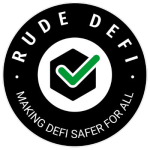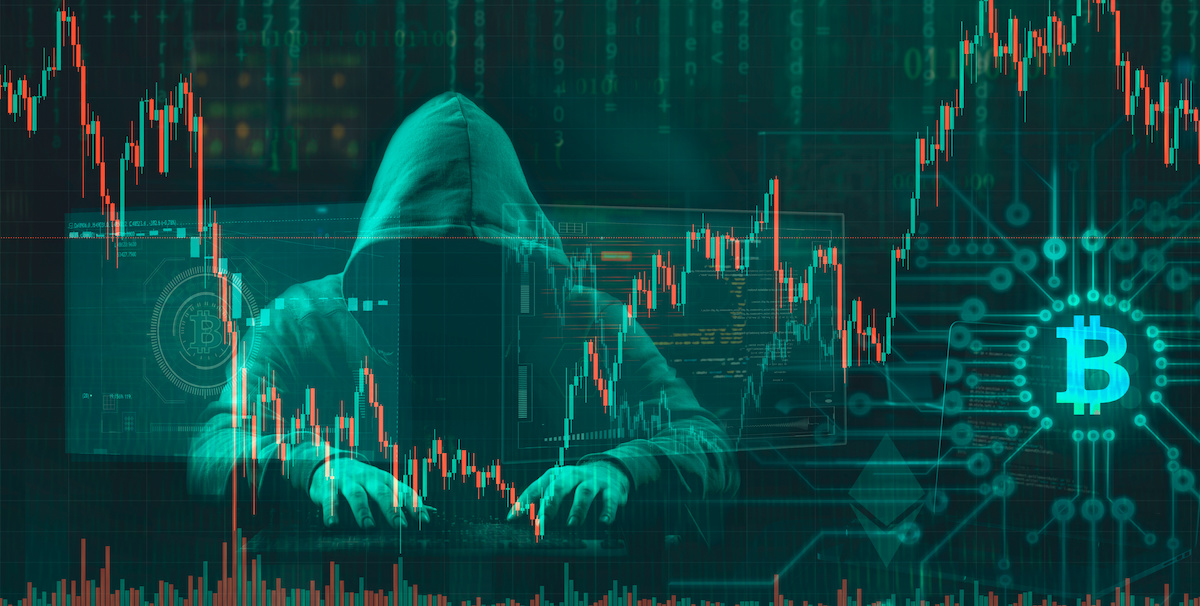In the rapidly evolving landscape of Decentralized Finance (DeFi), one component stands out as essential for bridging the gap between blockchain networks and the real world: oracles. These decentralized data feeds play a crucial role in providing blockchain-based smart contracts with access to external information, enabling a wide range of innovative DeFi applications. In this blog post, we’ll delve into the significance of oracles in DeFi, their functionality, challenges, and the impact they have on the future of decentralized finance.
Understanding Oracles in DeFi
Oracles serve as the bridge between blockchain networks and real-world data sources, supplying smart contracts with external information necessary for executing predefined conditions and triggering automated actions. This information can include asset prices, weather data, sports scores, market indices, and any other data required to facilitate DeFi transactions and applications.
Oracles come in various forms, including centralized oracles, decentralized oracles, and hybrid solutions. While centralized oracles rely on a single trusted data source or entity, decentralized oracles aggregate data from multiple sources and utilize consensus mechanisms to verify the accuracy and reliability of the data. Hybrid solutions combine elements of both centralized and decentralized oracles to achieve a balance between efficiency and security.
The Role of Oracles in DeFi
Oracles play several critical roles in the DeFi ecosystem, including:
- Price Feeds: Oracles provide real-time price feeds for cryptocurrencies, fiat currencies, and other digital assets, enabling decentralized exchanges (DEXs), lending platforms, derivatives markets, and decentralized insurance protocols to accurately value assets and execute transactions based on current market conditions.
- Decentralized Derivatives: Oracles facilitate the creation and settlement of decentralized derivatives contracts, such as options, futures, and swaps, by providing reliable price data and ensuring the accuracy of contract terms and conditions.
- Decentralized Lending and Borrowing: Oracles supply smart contracts with information about borrowers’ collateral assets, enabling decentralized lending platforms to assess creditworthiness, determine loan-to-value ratios, and manage risk effectively.
- Decentralized Insurance: Oracles play a crucial role in decentralized insurance protocols by providing data related to insured events, such as flight delays, natural disasters, or crop failures, allowing smart contracts to trigger insurance payouts automatically based on predefined conditions.
- Prediction Markets: Oracles enable the creation and operation of decentralized prediction markets, where users can bet on the outcome of future events, by providing accurate and timely data to settle bets and resolve disputes.
Challenges and Considerations
While oracles offer significant benefits for DeFi applications, they also present several challenges and considerations, including:
- Data Accuracy: Ensuring the accuracy and reliability of data provided by oracles is crucial for maintaining the integrity of DeFi applications and preventing manipulation or exploitation by malicious actors.
- Security Risks: Oracles are susceptible to various security risks, including data manipulation, oracle attacks, and collusion among data providers. Implementing robust security measures and utilizing decentralized oracle networks can mitigate these risks.
- Centralization: Centralized oracles pose centralization risks, as they rely on a single trusted data source or entity, which may introduce points of failure and censorship. Decentralized oracles offer a more resilient and censorship-resistant alternative.
- Oracle Networks: Leveraging decentralized oracle networks composed of multiple independent data providers and validators can enhance the security, reliability, and decentralization of oracle solutions in DeFi.
The Future of DeFi Oracles
As the DeFi ecosystem continues to grow and evolve, the role of oracles will become even more critical in enabling innovative decentralized financial applications and services. Advances in oracle technology, such as decentralized oracle networks, secure data aggregation mechanisms, and robust consensus algorithms, will drive the next wave of innovation in DeFi, unlocking new opportunities for users, developers, and stakeholders.
In conclusion, oracles are the backbone of the DeFi ecosystem, providing smart contracts with access to real-world data and enabling a wide range of decentralized financial applications and services. By addressing the challenges and considerations associated with oracles and leveraging advanced oracle solutions, the DeFi community can build a more resilient, transparent, and inclusive financial system for the future.






